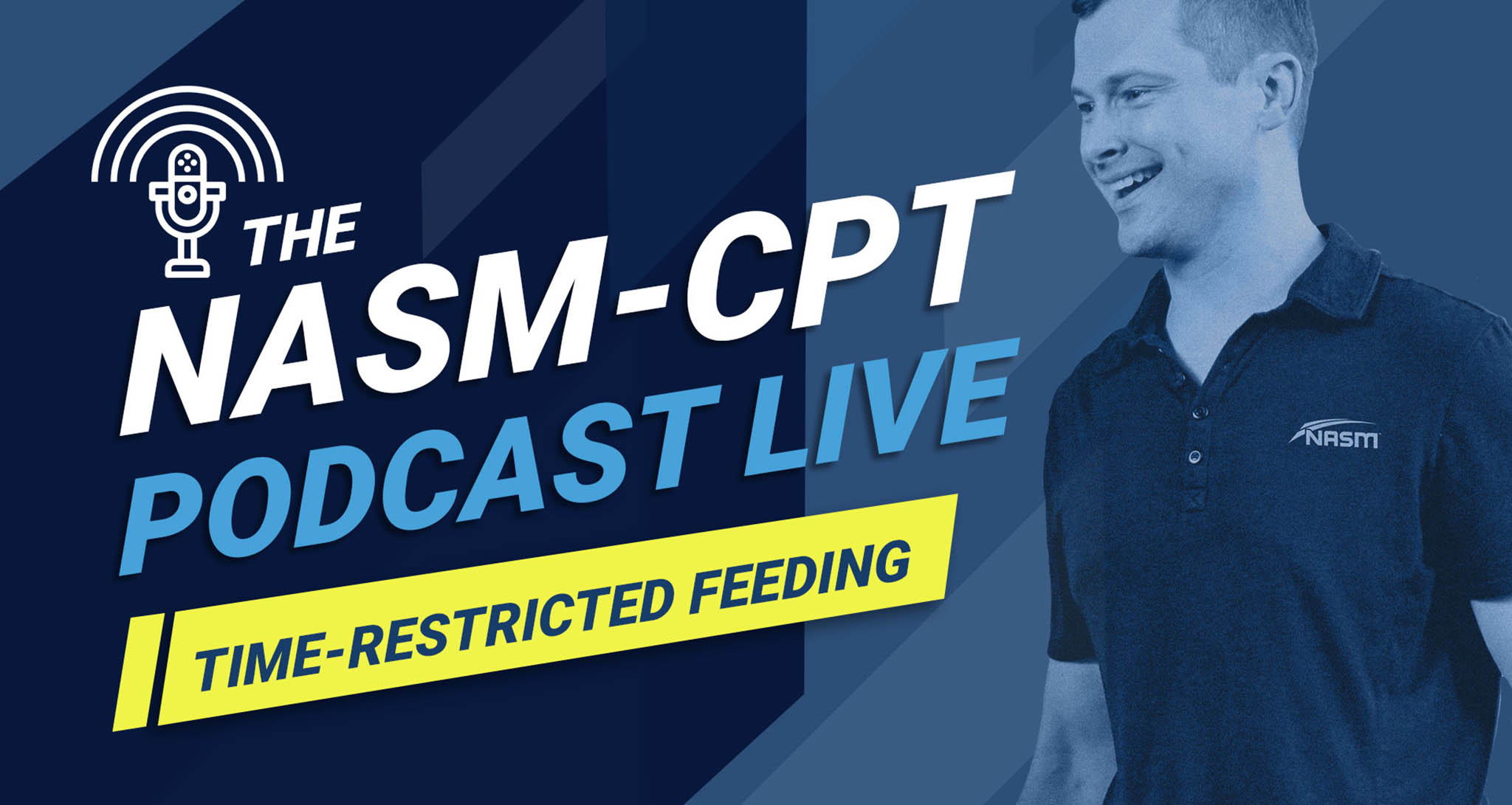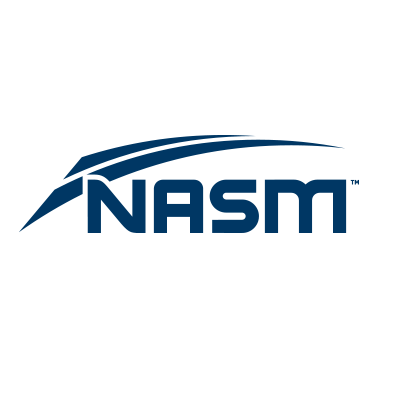In this episode, Host Rick Richey talks with Danny Lennon, who is an expert on time-restricted feeding and nutrition in general. This episode will delve into the specifics of "chrono-nutrition" as a discipline and how it can completely transform how nutrition is approached with your clients.
Below are a few of the key takeways of time-restricted feeding:
- Chrono-Nutrition has a lot to do with time-restricted feeding. As Danny explains, this practice factors in our circadian rhythms as well as nutrition. He states that when we eat and the portions of what we eat, has a lot to do with our overall response to the efficacy of our diet.
- Intermittent fasting is actually an umbrella term for many things. But there are a lot of different aspects to consider: like frequency, the length of the fast, and how involved the fast is.
- Autophagy, a big benefit of extended fasts, essentially is the process where damaged components of a cell are cleaned out. But it bears mentioning that this is not a consistent conclusion of extended fasts. Exercise is the best source of initiating autophagy in the body.
- Research suggests that time-restricted feeding does affect insulin levels - even when separated from weight loss.
For more information on this show, read the episode teaser below or listen to the episode here.
Rick Richey is a NASM-CPT, CES, PES, and Master Trainer.
Danny Lennon is is the founder of Sigma Nutrition, as well as the host of Sigma Nutrition Radio.
Episode overview on time-restricted eating (chrono nutrition)
To talk about time-restricted eating, it's necessary to first point out that intermittent fasting means many different things, depending on which factor of fasting you are talking about.
There are a few parameters to measure for fasting that will determine the overall scope of the fast:
- The length of the fast (how long you actually fast)
- The frequency (how many days a week)
- The nutritional specifics of the fast (are you only going to consume water or are you going to fast from specific foods).
Pertaining to this episode, the length of the fast (the window of time to restrict feeding) is ultimately the discussion of this talk.
One of the most interesting aspects of the research out there on time-restricted feeding is the breakfast question.
Although the research is inconclusive at this point, Danny states that there is a pretty good rationale for eating more calories at the beginning of the day versus at the end - especially for a client who is wanting to control their blood sugar throughout the day.
Research is limited, and consensus is by no means definitive for the breakfast equation. In fact, when referencing a couple of studies that measured the metabolic effect eating a dinner-sized portion during breakfast, there was hardly any difference in metabolic function.
Although Danny does suggest there is a slight insulin and glycemic change between the two. And other medical professionals have found other benefits for eating a larger breakfast and lighter dinner.
For more on this, episode you can watch the live stream below.
Nutritional resources to check out
- For a blog post on fasted cardio, follow this link.
- If you are curious about if the glycemic index is a reliable tool for losing weight, follow the link for more information.
- Consider using the concepts found within this episode and implementing behavior change as well. This blog on nutrition and behavior change is a great resource!
- Further your expertise as a nutrition expert by browsing our course selection on the subject.

















